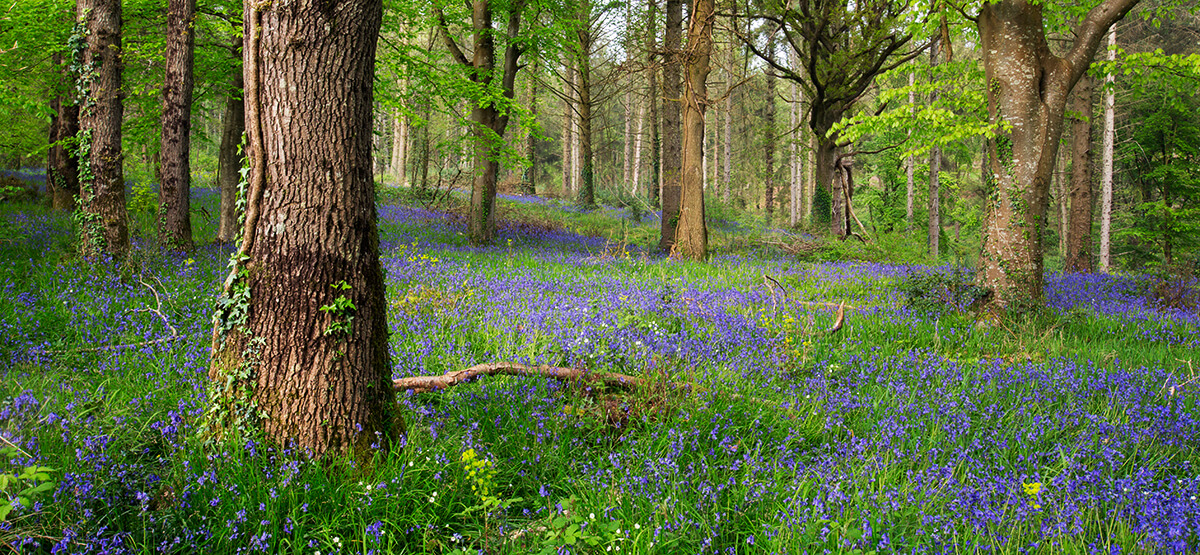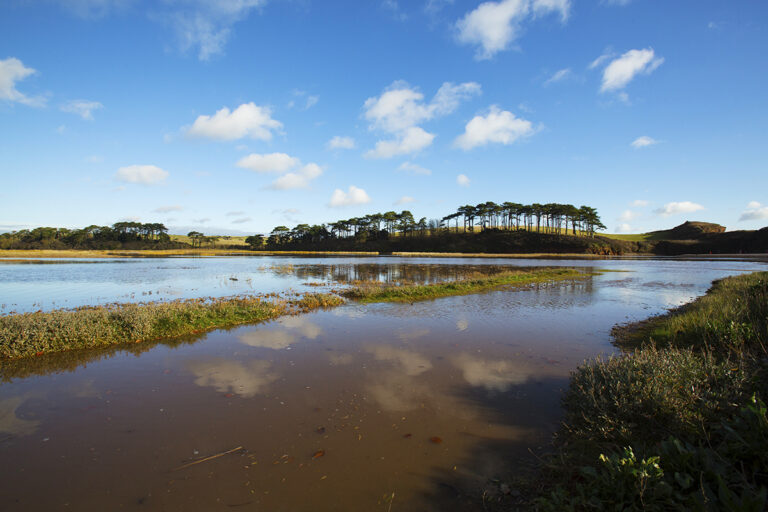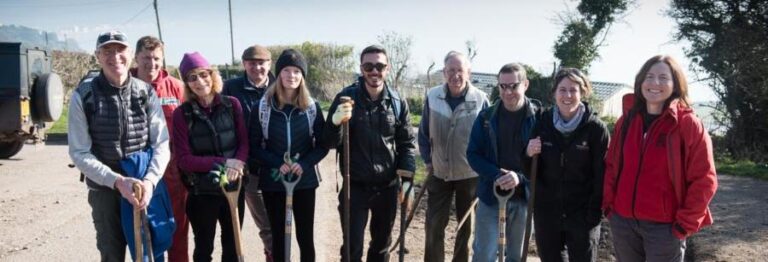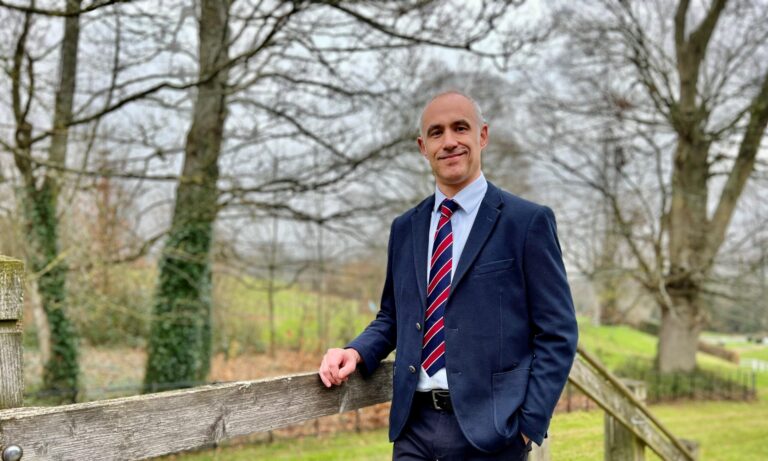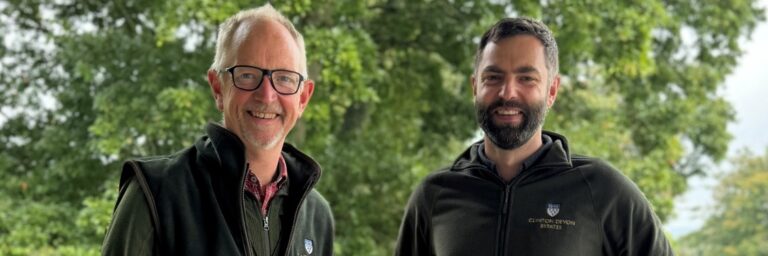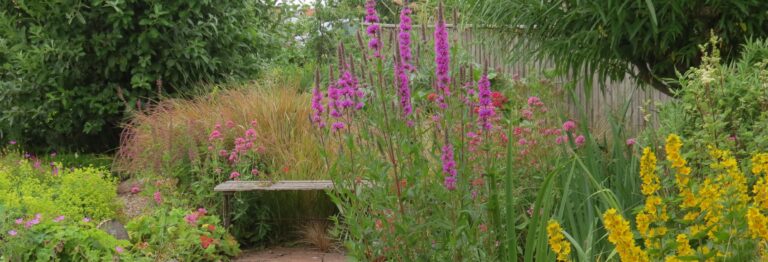OBITUARY Gerard Nevile Mark Fane Trefusis, 22nd Baron Clinton
(7th October 1934 – 2nd April 2024)
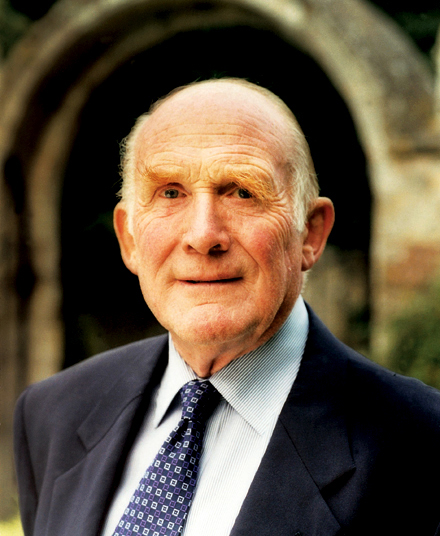
Gerard, Lord Clinton, farmer and landowner, died peacefully at home in East Devon on April 2, 2024, aged 89, survived by Nicola (always known as Nicky), to whom he had been devotedly married for sixty-four years.
Gerard Nevile Mark Fane was born on 7th October 1934 at 23 Belgrave Square, London in what is now the German Embassy, and educated at Cothill Preparatory School and Gordonstoun.
After National Service with the Royal Scots between 1953 and 1955 he joined the Hampshire land agents Pink and Arnold as a pupil. Fane’s father Charles had been killed in action in Flanders shortly before the evacuation from Dunkirk in 1940, when his only son was five years old.
Much of Gerard’s childhood was spent in Devon with his great-grandfather Charles Trefusis, 21st Baron Clinton. He had been a driving force behind the establishment of the Forestry Commission in 1919, serving as its second chairman and, in the House of Lords, as parliamentary secretary to the Board of Agriculture and Fisheries.
Under his great-grandfather’s influence young Gerard developed a passion for the countryside and rural life, becoming a public champion of farming and forestry across the West Country. The Clinton barony, created in 1299 during the reign of Edward I, is the seventh most ancient in England.
On the 21st Baron’s death in 1957 it fell into abeyance – first between his daughters Harriet Fane and Fenella Bowes-Lyon and then, after Harriet’s death the following year, between Gerard Fane (Harriet’s grandson and heir) and Fenella, Gerard’s great-aunt, who subsequently waived her claim to the title.
On 18th March 1965 Gerard received a writ of summons to Parliament as the 22nd Baron. In 1959 Gerard Fane had married Nicola Harriette Purdon Coote and set up home with her at Heanton Satchville, the family seat near Okehampton in North Devon.
In the year of their marriage he adopted the surname Fane Trefusis by deed poll, combining the family names of his father and great-grandfather. There were three children, Caroline, Charles and Henrietta, all of whom survive their father. There would be five grandsons.
The family land holdings now extend to 25,000 acres across three estates in East and North Devon. Widely recognised for the far-sighted approach to stewardship espoused by the 22nd Baron and his trustees, in particular the recruitment from a FTSE 100 business of a dynamic chief executive with no background in land management, Clinton Devon Estates went on to receive the Queen’s Award for Enterprise (sustainable development) three times and made repeated appearances on the Sunday Times’s list of the ‘Best 100 Companies to Work For’. Part of the East Devon estate recently became a National Nature Reserve.
Although a firm believer in traditional farming and the importance of food production, to the end of his life Gerard Clinton kept an open mind on the need to modify land use to reflect changing times. The Lower Otter Restoration Project, completed this year, conclusively demonstrated that with time, resources and determination, threatened coastal communities could be helped to adapt to rising sea levels. During its long years of delivery Clinton’s enthusiasm for the Lower Otter scheme literally knew no bounds: to the dismay of the project manager he was regularly discovered on the wrong side of the security fence, inspecting the progress of the works. Although content and grateful to leave the management of day-to-day operations to others, with his wife Nicky’s tireless support Clinton took a detailed and sympathetic interest in everything that went on in North and East Devon and in the energetic and committed people who made it all happen, whether still active or long retired. Their personal loyalty to the Clintons was correspondingly intense. As Gerard himself once remarked, “There are two families really: the family who own the Estate and the family who work there.”
During a long and busy working life, Clinton held high office in a wide range of local, regional and national organisations and was a member or supporter of many others. He was active in the House of Lords between 1965 and 1999 and served as a Justice of the Peace for twenty years until 1983 and as a Deputy Lieutenant of Devon from 1977. He sat on the Council of the Duchy of Cornwall from 1968 to 1979.
Clinton was president of the Devon County Show in 1978 and of the Royal Show in 2003. He greatly enjoyed rearing his own herd of pedigree Red Devon cattle, whose bloodlines could be traced back to the 1880s, and was heartbroken in 2001 when foot and mouth disease forced a cull: “It was as bad as losing a friend; it was like losing lots of friends.” A new herd was established after the disaster, as he was determined that this traditional Devon breed should survive and flourish.
Under the strong early influence of N D G (Jimmy) James, land agent from 1961 to 1976 and an energetically innovative forester, Clinton acquired a well-informed enthusiasm for the cultivation of trees, leading eventually to the presidency of the Royal Forestry Society (2001-2003) and accreditation by the Forestry Stewardship Council of the estate’s sustainably managed woodlands.
A keen angler, Clinton was president of the River Torridge Fishery Association from its inception in 1979 and the driving force behind efforts to reverse the decline in salmon stocks. As a founding trustee of the Westcountry Rivers Trust he encouraged riparian owners to take collective responsibility for the improvement of their rivers.
He developed warm relationships with local politicians, clergy and community leaders and was as fully engaged when in conversation with his gardener as with the Bishop of Exeter – or during a chance encounter with Nigel Mansell, whom he surprised by his evident familiarity with motor racing. He read four or five newspapers and magazines every day and habitually left press cuttings on managers’ desks in the estate office. Clinton much enjoyed sailing and was a member of the Royal Yacht Squadron. With his close friend Simon Day (who died earlier this year) he commissioned the building of “Apollyon”, a Fairey Marine Swordsman powerboat in which, from the 1970s onwards, they happily explored the Devon coast. Less pleasant was a crossing of the English Channel during the violent storm which sank Edward Heath’s “Morning Cloud”.
An abiding passion for the turf, encouraged by two brothers-in-law involved in the sport, occupied much of whatever time was not absorbed by estate business and other pursuits. During the 1970s Clinton took a large coach party of employees to see his mare Streak of Honour – respectively trained and ridden by the great Peter Walwyn and Pat Eddery – run at Royal Ascot. Even towards the end of his life Clinton and his wife would make flying visits to France, cheering on, occasionally to victory, the racehorses in which he still loved to invest.
Clinton’s firm belief that a strong economy was essential to enable rural communities to thrive inspired substantial new investment in business parks and commercial and residential property in East and North Devon, providing jobs and homes for many hundreds of local people. He built on the achievements of his predecessors by providing land for primary schools in Merton and Beer, sports grounds, allotments and open public access, as well as many miles of permissive paths. He set up a charitable trust which contributed substantially to deserving local causes over many years.
In an afterword to the official history of the barony, he wrote: “The historical background to the Clinton title is embedded in holding land. As a trustee for life of the Clinton Estate, it has been of fundamental importance to me to manage and build on all that I inherited from my great grandfather so that I, in turn, might pass on a thriving estate to the next generation.”
The family motto is Tout vient de Dieu – Everything comes from God. Gerard Clinton never forgot to express his gratitude – for what he had been lucky enough to inherit and, above all, for the indispensable contribution of the very many individuals whose hard work over more than six decades had enabled him to achieve his ambitions as a ‘trustee for life’ with such remarkable success. He will be remembered with admiration and great affection throughout Devon and beyond.
Clinton’s only son Charles Patrick Rolle Fane Trefusis (born 1962) succeeds his father in the barony.
ENDS
